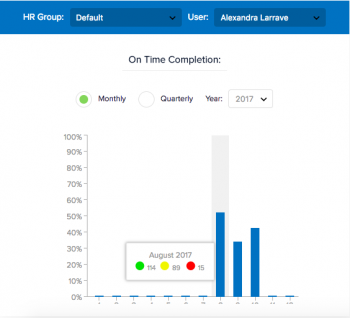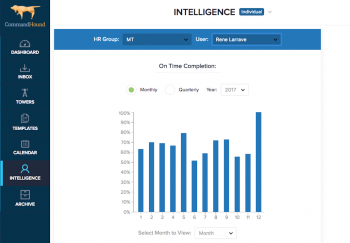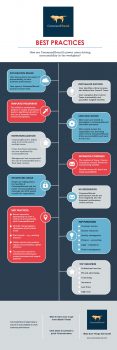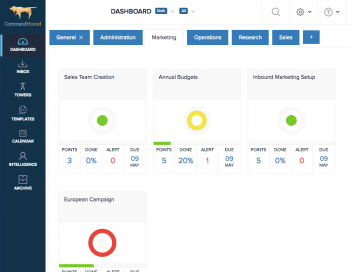Corporations are constantly threatened by information security breaches. Learn how to effectively execute a comprehensive information security strategy.
Insights: Accountability
CommandHound has worked with clients in a variety of industries who deal with sensitive information on a daily basis.
We have all heard the stories of startup “unicorns” — the unlikely heroes of the Silicon Valley tech boom that have reached or exceeded a $1 billion valuation.
Project Management offices are well-oiled machines, tasked with constant attention to pending tasks, dependencies, and upcoming deadlines.
We often engage with our clients in the early stages of a CommandHound-driven accountability initiative to help them define how to best use CommandHound in conjunction with their existing operational systems.
CommandHound power users follow a predictable path towards the institutionalization of a culture of accountability in the workplace. Here is a quick Infographic that shows you the typical path they follow.
The June jobs report is out, and it shows that U.S. employers increased the pace of hiring, a sign of continued labor market growth.
U.S. companies didn’t need to see the statistics to know that, in today’s labor market, they must work harder than ever to retain their workers.
And since millennials will make up more than 75% of the workforce by 2030, finding a way to retain that generation of employees is a major concern.
So why write an article about giving your millennial employees negative feedback? Because believe it or not, they want it!
Headache-causing. Frustrating. Sluggish. These are some of the terms that go through our heads when trying to decode the complex regulatory requirements of Sarbanes-Oxley (SOX).
It has been proven that, if done right, gamification may increase engagement. What about taking these gaming concepts into the workplace to make accountability and the tracking of employee performance more fun?
Professional services firms all have the same operational issue – how to best manage multiple client engagements, simultaneously, while maximizing available resources to deliver on time, as promised.










